8 Ways to Prevent Smartphone Data Breaches
Your phone is essentially a one-stop shop for your data and, if stolen or exposed to identity thieves, can compromise your identity and financial accounts.

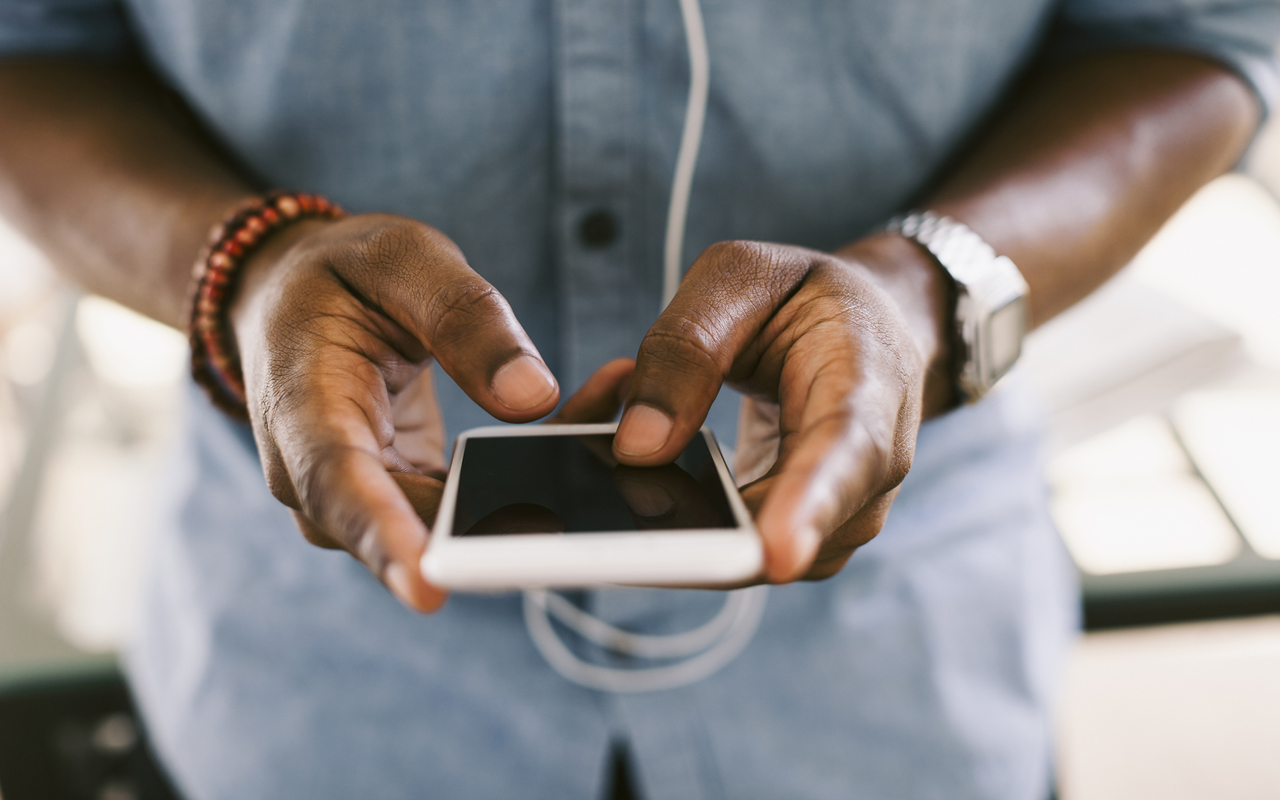
Profit and prosper with the best of Kiplinger's advice on investing, taxes, retirement, personal finance and much more. Delivered daily. Enter your email in the box and click Sign Me Up.
You are now subscribed
Your newsletter sign-up was successful
Want to add more newsletters?

Delivered daily
Kiplinger Today
Profit and prosper with the best of Kiplinger's advice on investing, taxes, retirement, personal finance and much more delivered daily. Smart money moves start here.

Sent five days a week
Kiplinger A Step Ahead
Get practical help to make better financial decisions in your everyday life, from spending to savings on top deals.

Delivered daily
Kiplinger Closing Bell
Get today's biggest financial and investing headlines delivered to your inbox every day the U.S. stock market is open.

Sent twice a week
Kiplinger Adviser Intel
Financial pros across the country share best practices and fresh tactics to preserve and grow your wealth.

Delivered weekly
Kiplinger Tax Tips
Trim your federal and state tax bills with practical tax-planning and tax-cutting strategies.

Sent twice a week
Kiplinger Retirement Tips
Your twice-a-week guide to planning and enjoying a financially secure and richly rewarding retirement

Sent bimonthly.
Kiplinger Adviser Angle
Insights for advisers, wealth managers and other financial professionals.

Sent twice a week
Kiplinger Investing Weekly
Your twice-a-week roundup of promising stocks, funds, companies and industries you should consider, ones you should avoid, and why.

Sent weekly for six weeks
Kiplinger Invest for Retirement
Your step-by-step six-part series on how to invest for retirement, from devising a successful strategy to exactly which investments to choose.
Your phone is essentially a one-stop shop for your data and, if stolen or exposed to identity thieves, can compromise your identity and financial accounts. People are using smartphones for more of their digital needs, but even if you don’t use mobile banking or financial apps, your phone could store sensitive data from online shopping, social networking, games and more. An unsecured phone poses a major security risk that makes you vulnerable everywhere you go.
Justin J. Kumar, of Arlington Capital Management, offers a quick checklist of how to protect your data from identity thieves by securing your mobile phone:
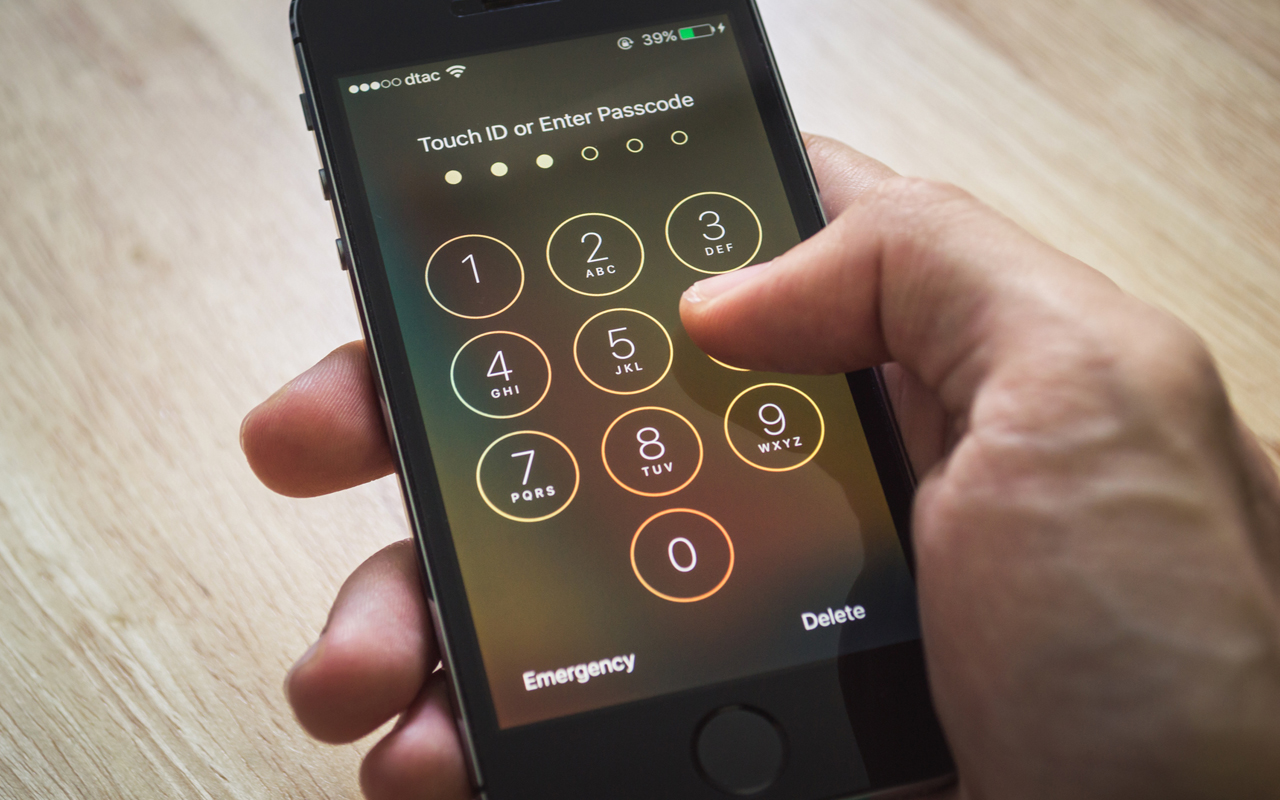
1. Password-protect your phone
A password locks your phone, so that anyone who picks it up can’t just rummage around in your mobile life. Use a complex and unique password, beyond just numbers if possible. A good password mixes letters, numbers, punctuation and special characters. Use unexpected transformations. “Dollars” is a very easy password to crack, but so are the common variations “Doll@rs” and “Doll@r$.” Instead, try inserting a random character in a less predictable way to get something such as “D[]//@r$” or ”D{}LL@r$” for increased security. As an alternative, your fingerprint may be sufficient to protect your phone – if it has a fingerprint sensor and if you don’t mind the invasiveness of a phone company having a unique identifier for you.
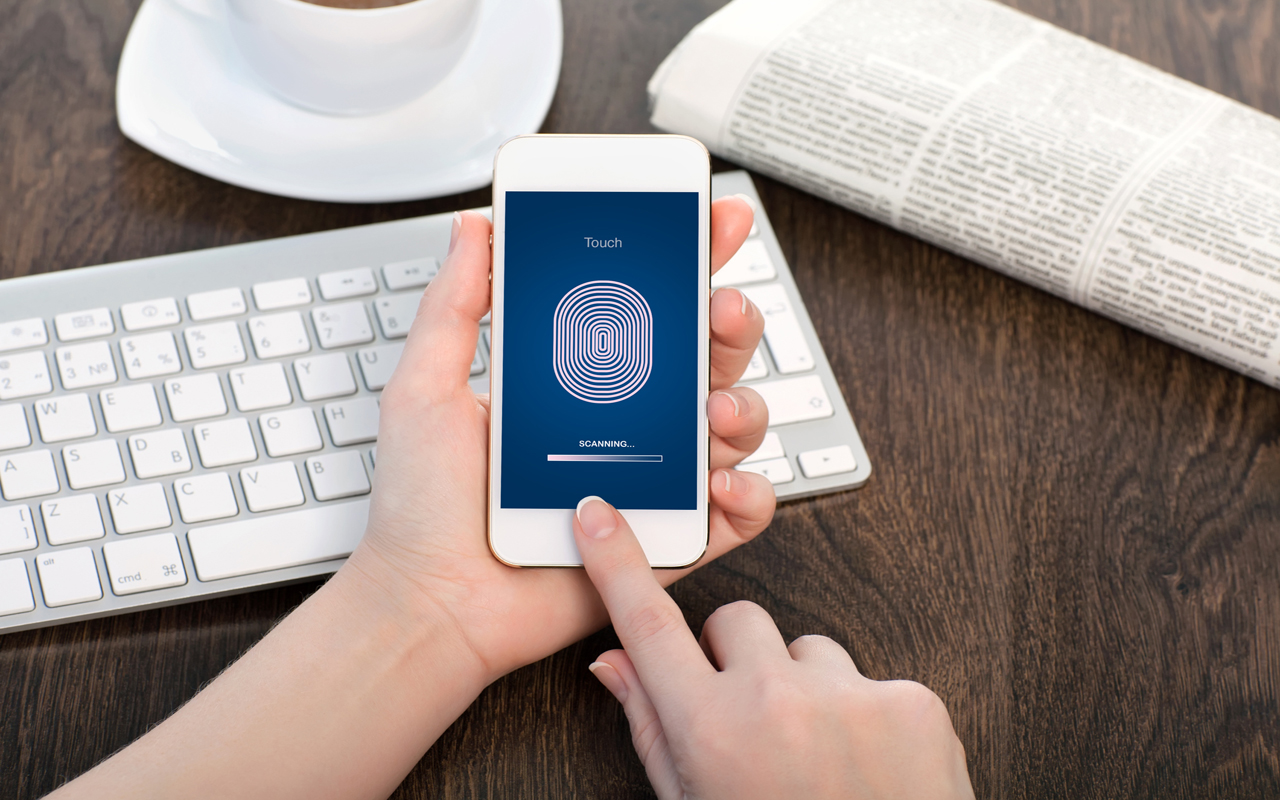
2. Set your phone to auto-lock
Auto-lock means that your phone will automatically require a password for you to re-enter after a certain amount of time. This feature is important, especially in public places where phones that look alike can be accidentally swapped. You can set the auto-lock time by going into your phone settings and choosing anywhere from immediately up to several minutes, even hours.
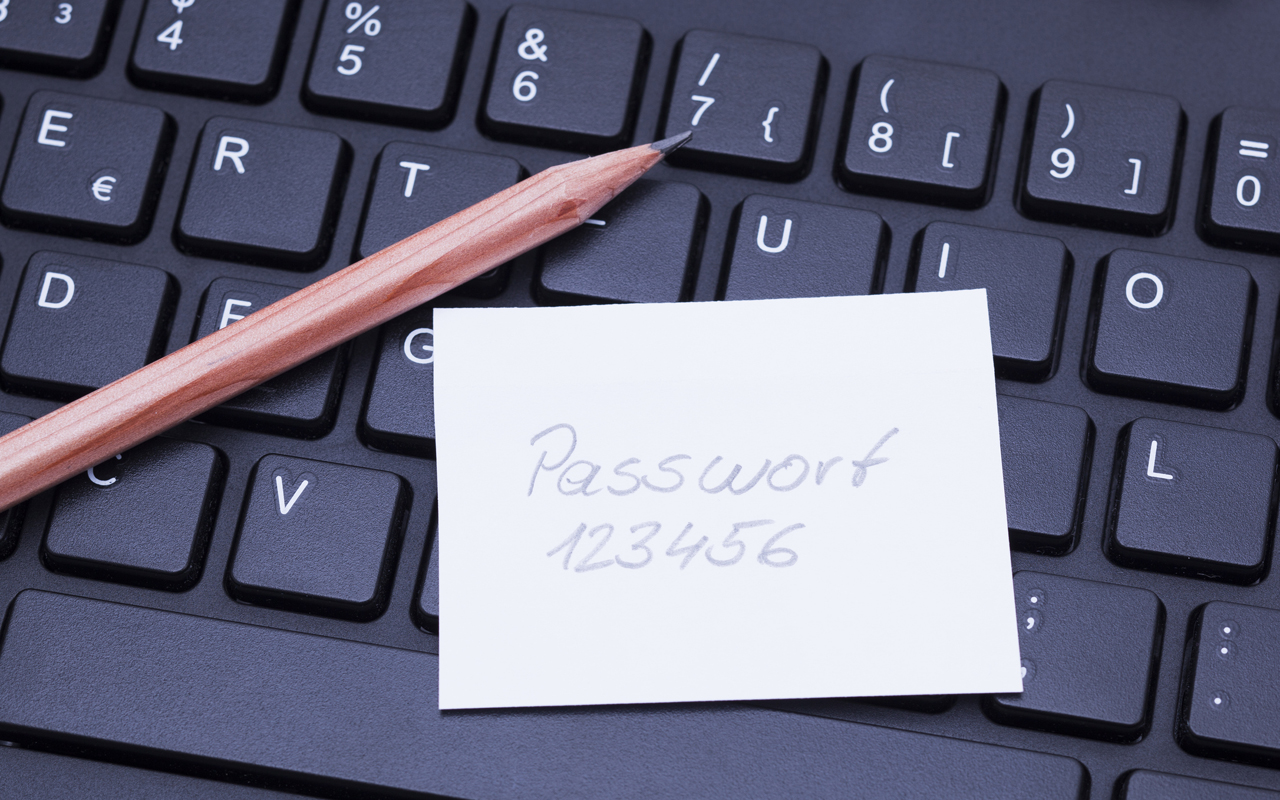

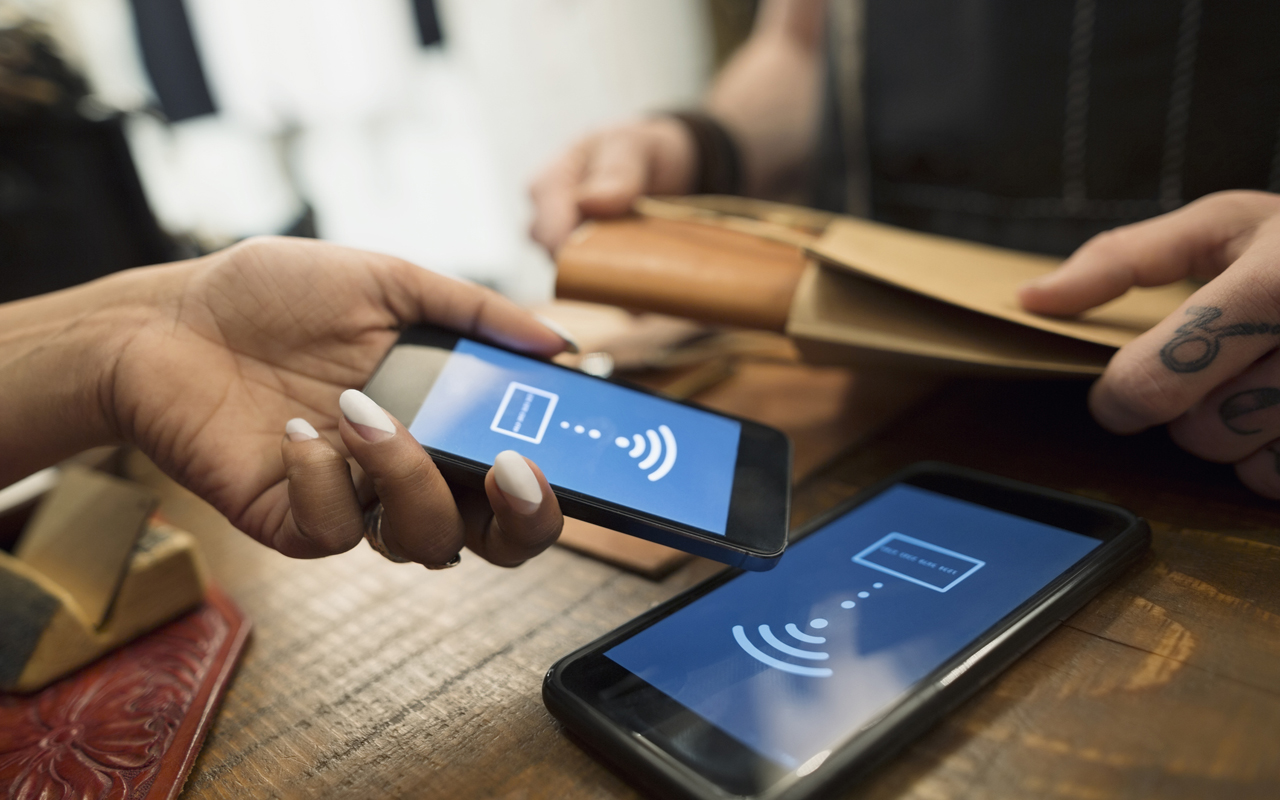
5. Be careful on Wi-Fi networks
Wi-Fi is another channel for thieves to remotely access your data undetected. Only connect your phone to secure networks with passwords, especially in public places that offer free Wi-Fi. Even if you are using Wi-Fi for browsing and not for shopping, banking or anything else that requires passwords or account data, on a public, open-source network, your personal information can be exposed unwittingly.

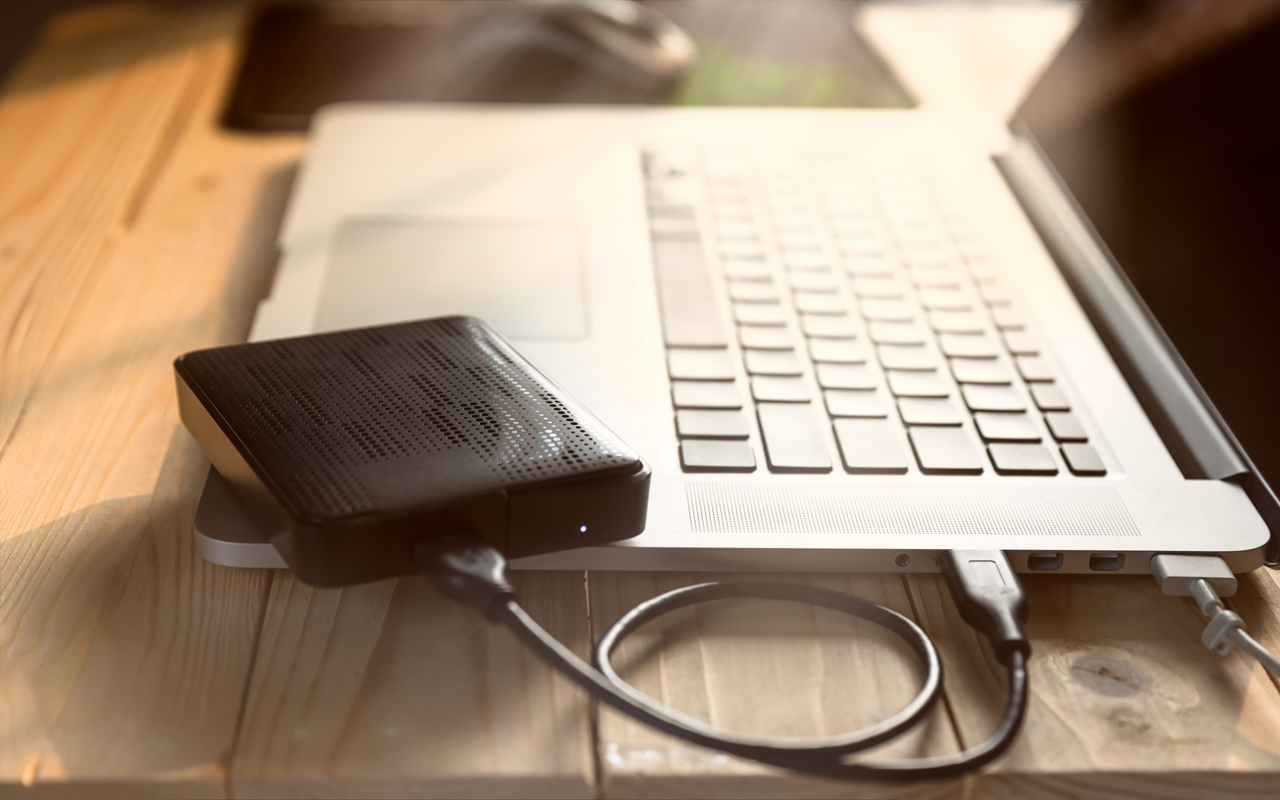
7. To move forward, back up
If you have photos, videos, music, emails, contacts or any other information that you want to make sure you can access if your smartphone if ever hacked, lost or stolen, then make sure they are all backed up on a computer, USB drive or cloud storage service. It’s always a good idea to make backup copies. Quick: Think of your best friend. Do you know his/her phone number? While some information can be replaced, it can turn out to be more of a hassle than you bargained for, and some items may be irreplaceable.

8. Enable a service with remote tracking
This is a service that exists on most phones. In the event your phone is stolen, you can remotely lock your phone and even erase its data while the GPS tracks its movement in a criminal’s hands. You can even set your phone to automatically wipe your data if your phone password is entered incorrectly several times. Of course, a full reset would be a last resort to protect personal information, and hopefully you remembered to back up your data.
- Did you know?
If you are changing or upgrading smartphones, then make sure that all of your personal information and content is erased from your old phone after you have uploaded it into your new one. Many phones have built-in reset features that will restore all settings to their defaults.
Profit and prosper with the best of Kiplinger's advice on investing, taxes, retirement, personal finance and much more. Delivered daily. Enter your email in the box and click Sign Me Up.

Justin J. Kumar embraces a proactive, systematic investment management approach with a customized, proprietary system to help guide his clients toward their financial goals.
-
 Dow Adds 1,206 Points to Top 50,000: Stock Market Today
Dow Adds 1,206 Points to Top 50,000: Stock Market TodayThe S&P 500 and Nasdaq also had strong finishes to a volatile week, with beaten-down tech stocks outperforming.
-
 Ask the Tax Editor: Federal Income Tax Deductions
Ask the Tax Editor: Federal Income Tax DeductionsAsk the Editor In this week's Ask the Editor Q&A, Joy Taylor answers questions on federal income tax deductions
-
 States With No-Fault Car Insurance Laws (and How No-Fault Car Insurance Works)
States With No-Fault Car Insurance Laws (and How No-Fault Car Insurance Works)A breakdown of the confusing rules around no-fault car insurance in every state where it exists.
-
 Seven Things You Should Do Now if You Think Your Identity Was Stolen
Seven Things You Should Do Now if You Think Your Identity Was StolenIf you suspect your identity was stolen, there are several steps you can take to protect yourself, but make sure you take action fast.
-
 The 8 Financial Documents You Should Always Shred
The 8 Financial Documents You Should Always ShredIdentity Theft The financial documents piling up at home put you at risk of fraud. Learn the eight types of financial documents you should always shred to protect yourself.
-
 How to Guard Against the New Generation of Fraud and Identity Theft
How to Guard Against the New Generation of Fraud and Identity TheftIdentity Theft Fraud and identity theft are getting more sophisticated and harder to spot. Stay ahead of the scammers with our advice.
-
 12 Ways to Protect Yourself From Fraud and Scams
12 Ways to Protect Yourself From Fraud and ScamsIdentity Theft Think you can spot the telltale signs of frauds and scams? Follow these 12 tips to stay safe from evolving threats and prevent others from falling victim.
-
 Watch Out for These Travel Scams This Summer
Watch Out for These Travel Scams This SummerIdentity Theft These travel scams are easy to fall for and could wreck your summer. Take a moment to read up on the warning signs and simple ways to protect yourself.
-
 What to Do With Your Tax Refund: 6 Ways to Bring Growth
What to Do With Your Tax Refund: 6 Ways to Bring GrowthUse your 2024 tax refund to boost short-term or long-term financial goals by putting it in one of these six places.
-
 What Does Medicare Not Cover? Eight Things You Should Know
What Does Medicare Not Cover? Eight Things You Should KnowMedicare Part A and Part B leave gaps in your healthcare coverage. But Medicare Advantage has problems, too.
-
 15 Reasons You'll Regret an RV in Retirement
15 Reasons You'll Regret an RV in RetirementMaking Your Money Last Here's why you might regret an RV in retirement. RV-savvy retirees talk about the downsides of spending retirement in a motorhome, travel trailer, fifth wheel, or other recreational vehicle.
